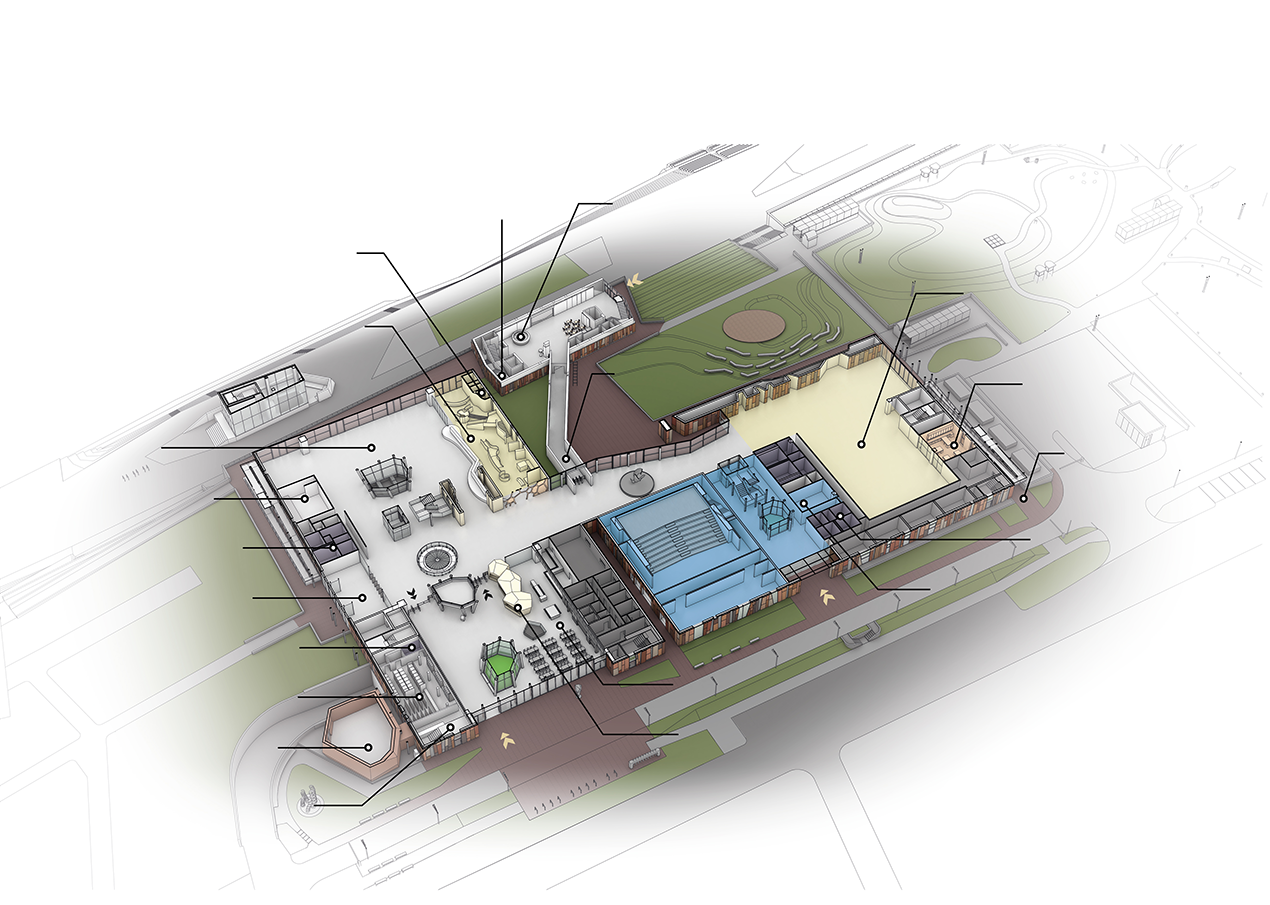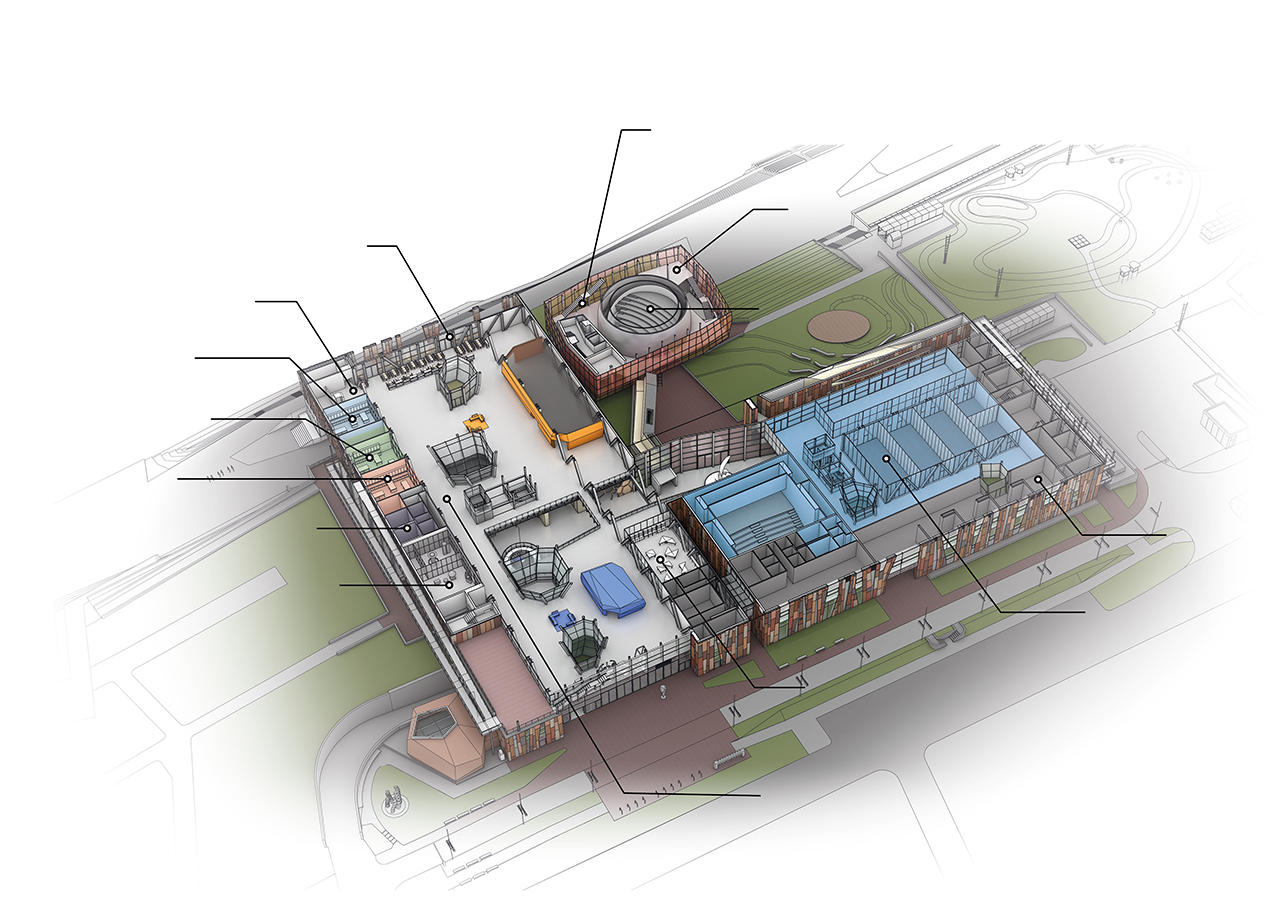One of the main arguments is about which energy sources should be used, and how to preserve the whole energy system in stability, when – to put it simply – the Sun doesn't always shine, the wind doesn't always blow, and not every country can use renewable energy sources to the same extent. Some speak for investing in the development of atomic energy. Other for energy storage technologies, or an increase in the usage of biomass. And others urge to first and foremost reduce the demand for energy, and that requires a change in our consumerist ways and an extensive thermal modernisation, which would result in a reduced need for energy. All of the aforementioned have its good and bad sides. And they are not equally plausible when it comes to the current availability of technologies or resources, legal considerations, investment costs, social consultations, people's readiness to alter their lifestyles, environmental consequences, and many other risks or similar nature.
It's a civilisational challenge previously unmatched, that has clear scientific and technical solutions, and simultaneously is so dependent on the socio-cultural context. Which is why in this debate, we will focus on which of the solutions could be possibly implemented in Poland (and why), and which we could see as the most desirable for Poland (and from which perspective). We will take a look at the main obstacles on the way to putting these solutions in place, as well as the most efficient methods of overcoming them. In this context, we will also talk about the necessity for ecological education, social participation in managing the natural resources, trust in science and experts, and about the role of lobbyists and activists in shaping the discourse around energy transition. So, to sum up – about long and difficult road from scientific to political consensus.
Participants:
- Maria Andrzejewska (General Director, Centrum UNEP/GRID-Warszawa)
- Aleksandra Wagner, PhD (sociologist, Jagiellonian University)
- Wojciech Kukuła (lawyer, Fundacja ClientEarth Lawyers for Earth
- Prof Szymon Malinowski (atmospheric physicist, University of Warsaw)
- Jakub Wiech (lawyer, journalist, “Energetyka24” portal)
Host:
- Dariusz Aksamit (medical physicist, Warsaw University of Technology)
 Maria Andrzejewska
Maria Andrzejewska
General Director of UNEP/GRID-Warszawa, board member at the National Foundation for Environmental Protection. University of Warsaw graduate with many years of experience in environmental projects. Expert at UN Environment Programme (UNEP) and an expert in environment data analysis by the European Union. She has been involved with the works on UNEP Global Environment Outlook 6 report, for which she was awarded at 2020 Prose Awards (Association of American Publishers Awards for Professional and Scholarly Excellence) in the category of environmental sciences. Together with the UNEP/GRID-Warszawa team, she is a triple laureate of the Ministry of Environment prize for exceptional science and research achievements in the field of protection, shaping, and usage of the environment and its assets. Andrzejewska initiated a Partnership for the execution of Sustainable Development Goals environmental aspects, “Together for the Environment” (2016). She's a sustainable development leader for the FORBES Women Polska magazine (2021)
 Dr Aleksandra Wagner
Dr Aleksandra Wagner
Sociologist, PhD and habilitation in Social Sciences, Professor at the Sociology Institute, Jagiellonian University. Since 2012, she has conducted research on the social aspects of the power industry, including the discourses around energy and power engineering. Author of dozens of scientific publications regarding these issues. Co-creator of the cyclical, international conference Energy&Society. Specialist in the field of designing deliberative processes and group debate moderation. Originator and coordinator of the research group Dialogue for policy.
 Wojciech Kukuła
Wojciech Kukuła
Senior lawyer at the Warsaw office of the ClientEarth Lawyers for Earth Foundation. He has been involved with ClientEarth since 2014. Specialises in energy sector regulations, especially in the area of public aid and renewable energy sources. He's the author or co-author of many analyses and reports regarding energy transit, capacity markets, wind and prosumer oriented power engineering, and the consumer's position on the power market, as well as implementations of EU ETS regulations.
 Prof Szymon Malinowski
Prof Szymon Malinowski
Atmosphere physicist, Earth Sciences professor. Since 2016, he's been the director of the Institute of Geophysics, at the Faculty of Physics, University of Warsaw, a corresponding member of the Polish Academy of Sciences. Within science, he works in cloud physics and precipitation, as well as atmospheric turbulence. He has conducted research within wide international cooperation, and directed many research projects. Co-creator of naukaoklimacie.pl website, honoured in the countrywide contest by the Ministry of Science and Higher Education (now Ministry of Science and Education) and the Polish Press Agency “Science Communicator”, in 2017. Co-author of the book “Science on Climate”, he takes action in the field of science communicating.
 Jakub Wiech
Jakub Wiech
Lawyer, journalist, deputy editor-in-chief of Energetyka24. Laureate of Student Nobel in the Journalism and Literature category, and a prize in the Platinum Megawatts contest for the best publication on electrical energy market. Nominated in MediaTory contest and Grand Press award for Specialised Journalism. Recipient of the James S. Denton Transatlantic Fellowship. Author of “Energiewende. New German Empire and Global Warming. Handbook for the Green Right”.
 Dariusz Aksamit
Dariusz Aksamit
Scientist, science communicator, and NGO activist. A medical physicist at the Faculty of Physics, Warsaw University of Technology. Works on applications of ionising radiation in medicine, radiation and radon measuring, and radiological protection. Cooperates with, among others, the National Research Institute of Oncology and the Institute of Nuclear Chemistry and Technology. Former employee of the Central Laboratory for Radiological Protection. Takes action within NGOs: he's a co-founder and the first Chair of The Spokesmen of Science, co-founder and board member of Marsz dla Nauki Foundation. Recipient of “Science Communicator 2018” prize in the category of Animator, awarded by the Science in Poland website and the Ministry of Education and Science.


